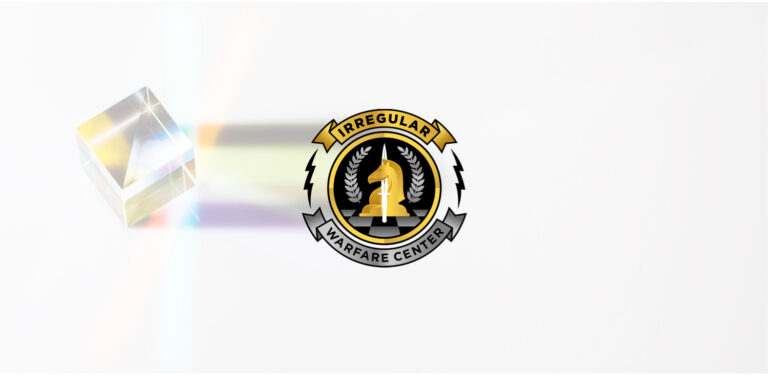In February and March of 2022, as Russian troops crossed into Ukraine, Russian misinformation concurrently crossed over social media platforms to support them. Russia attempted to promote the idea that Ukraine housed bioweapons plants for the U.S. While the idea was swiftly debunked, it gained traction amongst conspiracy theorists in the U.S. The prevalence of these conspiracy theories in public debate eroded the public’s faith in U.S. institutions, capitalizing on disunity amongst Americans, lack of government efficiency, and lack of institutional transparency.


